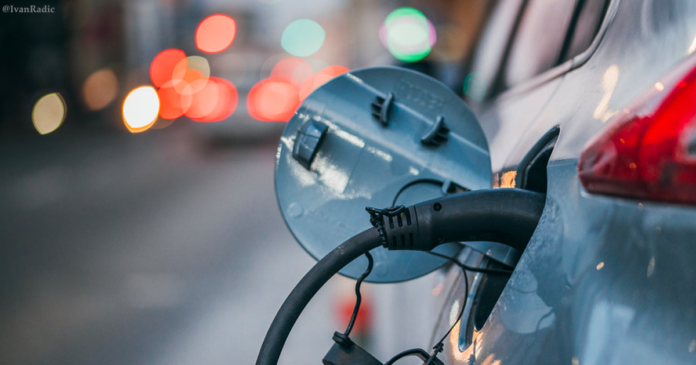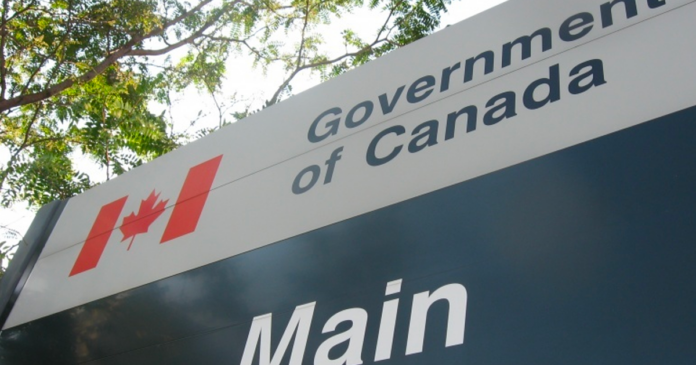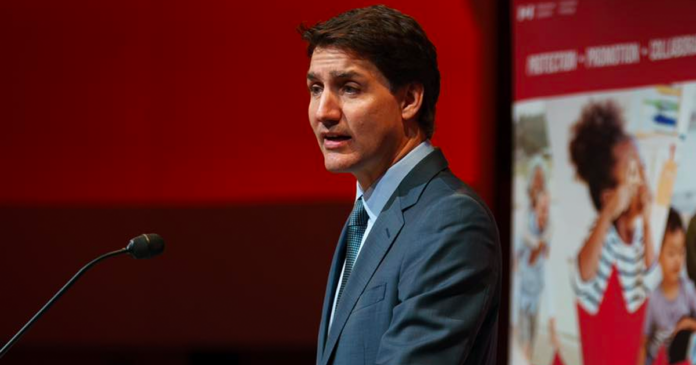The Commissioner of Correctional Services Canada (CSC) Anne Kelly insists that Public Safety Minister Marco Mendicino’s office had been properly informed of Paul Bernardo’s transfer to a medium-security prison, refuting the minister’s claim that he knew nothing of the matter.
Access to Information documents obtained by the Canadian Press reveals that deputy minister of public safety Shawn Tupper and associate deputy minister Tricia Geddes, were sent an email three days before Bernardo was set to be transferred, an email that Tupper acknowledged and replied to.
This comes after Mendicino’s weeks-long denial that he had any knowledge of Bernardo’s transfer to a medium-security facility before it had happened.
Mendicino’s office previously told the press that his staff had known about the transfer before it had happened, but kept the minister and the victim’s families in the dark.
Mendicino’s ministry was notified of Bernardo’s transfer three months before the planned move, then three days ahead of it actually taking place.
Emails show that CSC commissioner Kelly had directly contacted deputy minister Tupper and associate deputy minister Geddes just before Bernardo’s May 29th transfer, writing “High Profile Offender” in the subject line.
They were also told that the Privy Council Office, Mendocino’s office, and the Prime Minister’s office had been advised and will be given “media lines” by CSC.
Just minutes after the initial email, deputy minister Tupper acknowledged Kelly’s email and thanked her.
On June 6th, four days after news of Bernardo’s transfer broke, Kelly wrote to Tupper and Geddes to check whether or not Mendicino had been notified of the move by CSC.
“I understand from my staff that someone at (the Public Safety Department) said (the minister) had not been notified,” Kelly said in an email titled “PRIVATE — Transfer.”
“We have a notification process in place as you know and we certainly followed it.”
The move by CSC to move the notorious serial rapist and serial killer from a maximum security prison to a medium security facility without alerting the families of Bernardo’s victims has drawn the ire of Canadians and the political establishment alike.
Conservative Party leader Pierre Poilievre has called on Mendicino to resign over the controversy, citing a litany of alleged lies that the minister had told Canadians over the past couple of years.
In contrast to the Conservatives, the NDP and their leader Jagmeet Singh have remained relatively quiet on the matter.



























